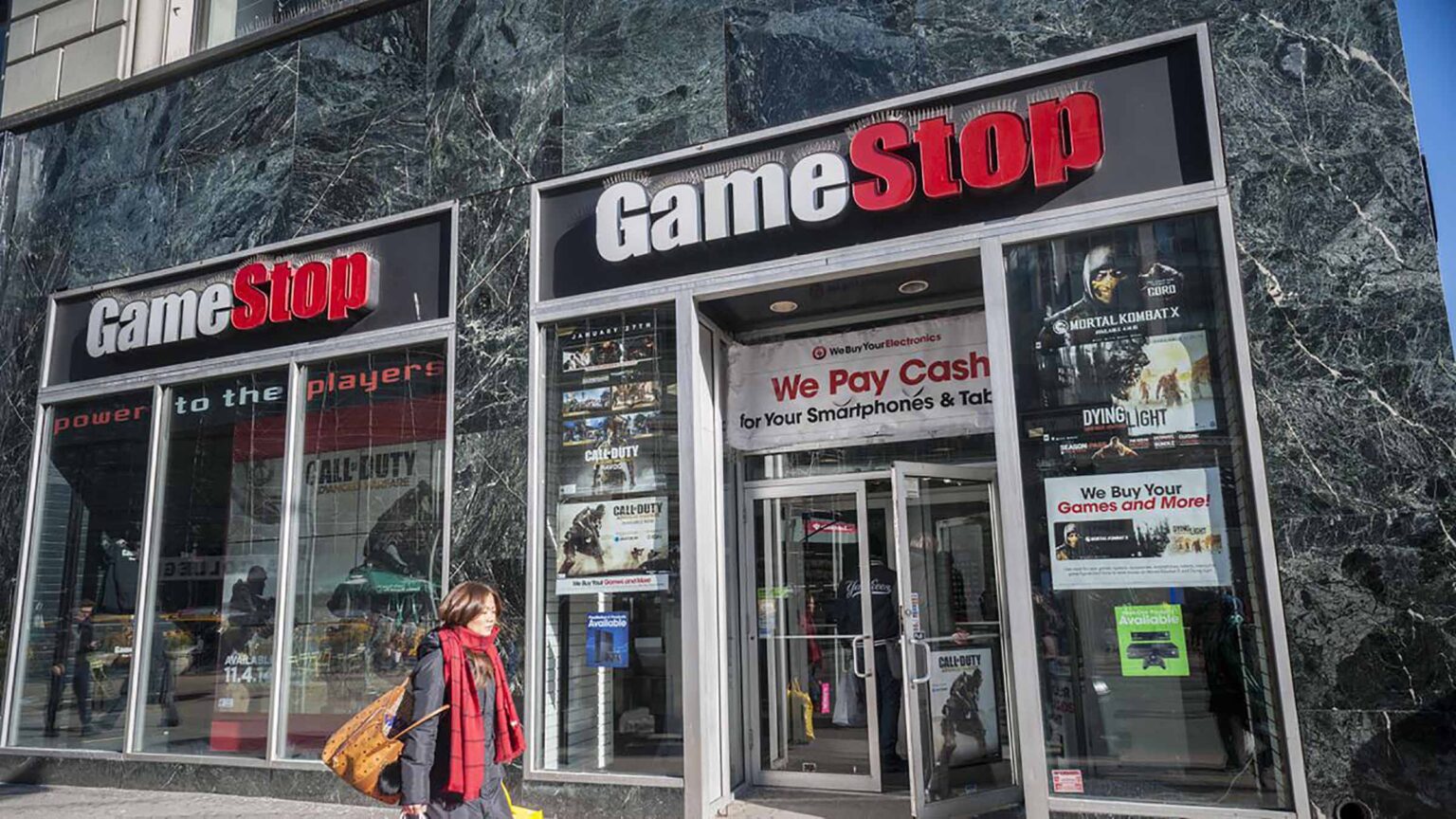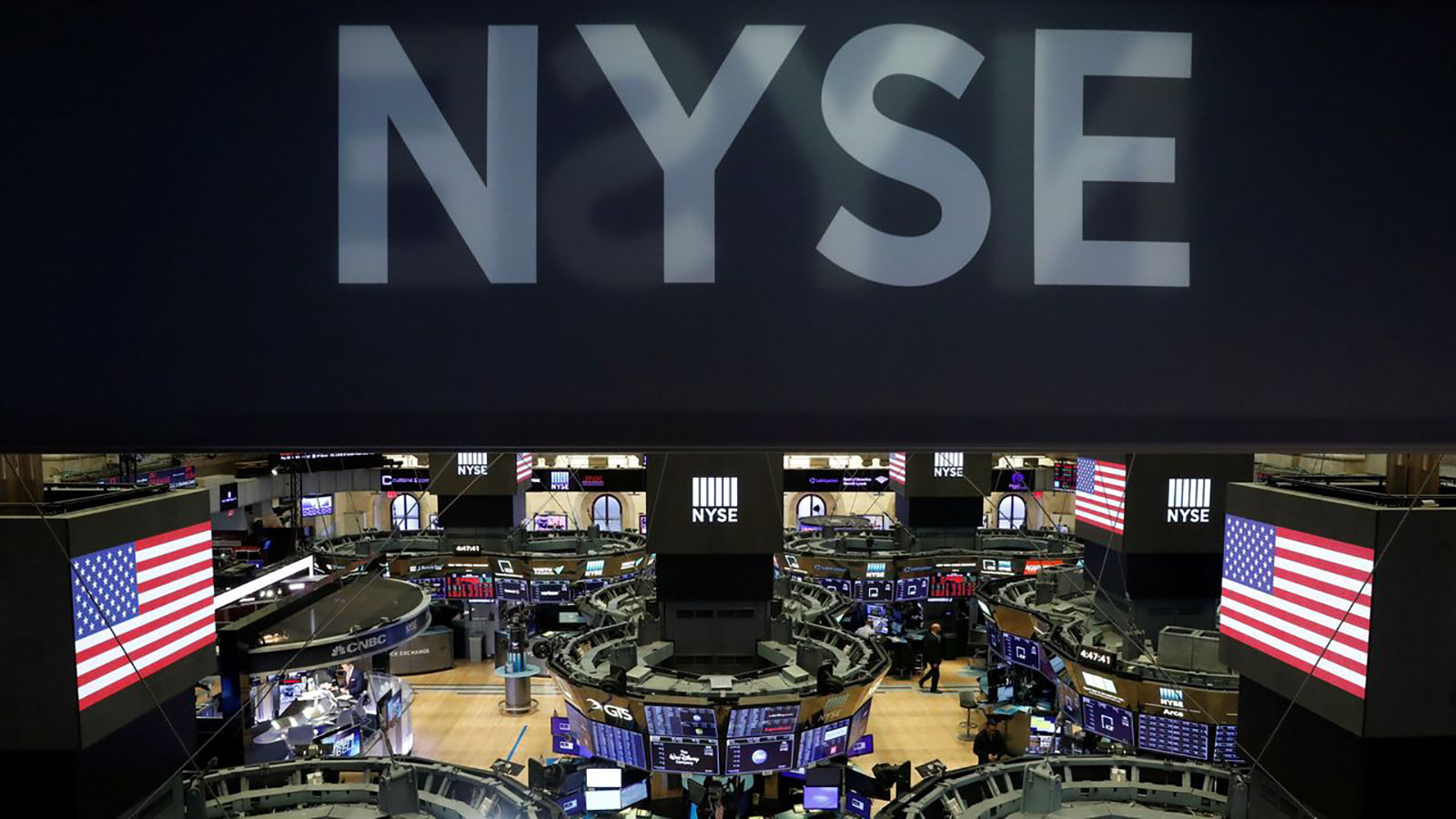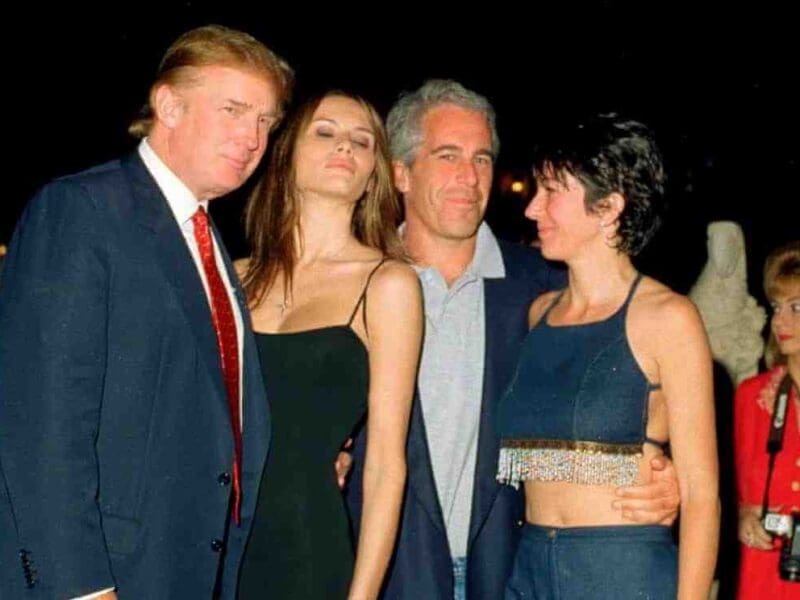
Why is GameStop stock so high right now? Explaining the phenomenon
Looks like a group of individual retail investors have learned some new tricks during the pandemic. They’re giving professional Wall Street hedge fund investors a serious run for their money in a battle-royale over GameStop stocks. Could we be headed for another dot.com debacle?

New tricks in the pandemic age
The coronavirus pandemic hit GameStop hard. Like many retailers, already suffering from the shift to online sales, the video games chain is losing money and plans to close 450 stores in 2021. However, surprisingly, GameStop has become one the hottest stocks of the year.
The thirty-seven year old chain store group is now the focus of a David & Goliath battle between an army of small investors & Wall Street that shows no signs of stopping and has highlighted some fundamental shifts in investing.
Last April, when GameStop announced mass closures, the company’s shares (GME) could be bought for $3.25 each. On Tuesday they soared another 92% to end the day at close to $148 per share, pumped up again by small investors, mostly individuals, hoping to ruin Wall Street bets that the price would crash. It’s a bet that has, so far, proved very costly for the professional Wall Street financiers who trade for groups or institutions.

Attack on Amazon
The strange saga of GameStop’s cult stock status can be traced back to last September, when Ryan Cohen – investor & founder of the online pet food giant Chewy – took a 13% stake in the company and started urging it to move more of its business online and become a serious rival to Amazon. Cohen and two associates were added to the company’s board in January.
The company’s share price began to skyrocket as small investors snapped up a cheap stock using the trading app Robinhood and other services, jumping on what they saw as an ideal buying opportunity. On the other hand, Wall Street traders saw something else – a chance to “short” an ambitious bet against Amazon they believed was bound to fail.
Shorting a stock is risky. It involves “borrowing” a company’s shares and selling them with the intention of buying them back cheaper when the share price falls. Many Wall Street fortunes have been made this way, but if the price doesn’t fall, the losses can be huge.

Short stock s**t storm
About 71.66 million GameStop shares are currently being shorted and are worth about $4.66 billion. Year-to-date, those shorts have cost professional investors about $6.12 billion, which includes a loss of $2.79 billion on Monday. This is commonly referred to a “short squeeze” which happens when a stock jumps sharply higher, forcing traders who had bet that its price would fall, to buy it in order to forestall even greater losses.
Monday’s stock gain of 145% in less than two hours, which increased GameStop’s gains for the year (a year that is only four weeks old) to more than 300%, is the latest sign that crazy trading by individual retail investors is leading to exaggerated stock-market swings.
In fact, the instability of the situation caused the New York Stock Exchange (NYSE) to briefly halt trading nine times. “We broke it. We broke GME at open,” one Reddit user wrote on Monday after the NYSE halted trading.

Another dot.com debacle?
GameStop’s rapid rise has drawn comparisons to speculative trading during the tech bubble of the late 1990s and led many Wall Street veterans to warn investors about the potential for significant losses. William Galvin, Massachusetts’ top securities regulator, told Barron’s that the trading in GameStop could be “systemically wrong”.
Hedge fund manager Michael Burry, who reported holding 1.7 million shares of the stock at the end of September, said in a now-deleted tweet that the rise was “unnatural, insane, and dangerous.” Burry also told Bloomberg News that he did not have a current long or short position in the stock.
Erika Safran at Safran Wealth Advisors says the strategy of driving up a stock in the hope of forcing a short-squeeze and riding an individual stock are hallmarks of a conflict between the new, individual investment strategy and the old guard that recognized financial success requires diversification. “Someone’s got to be wrong, but that’s what makes a market,” Safran remarked.
–
Do you have stock in GameStop? What do you think about this stock market war? Tell us in the comments.







